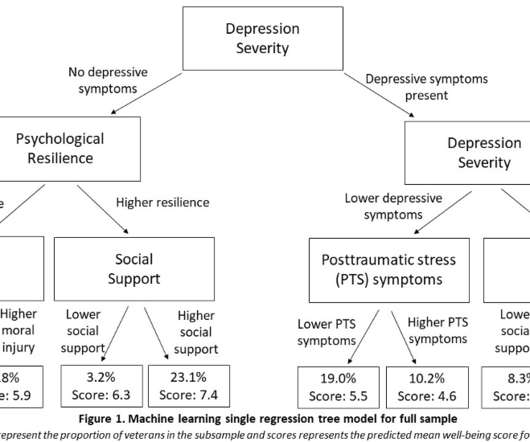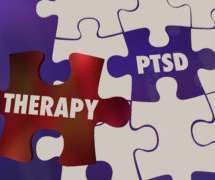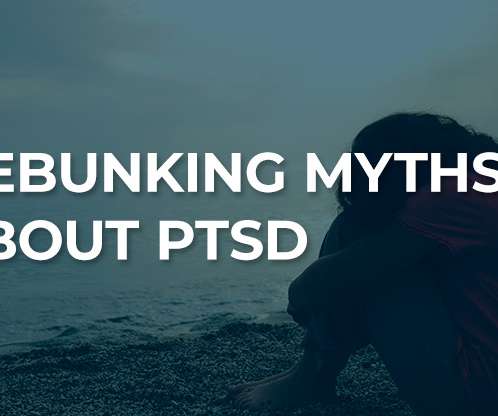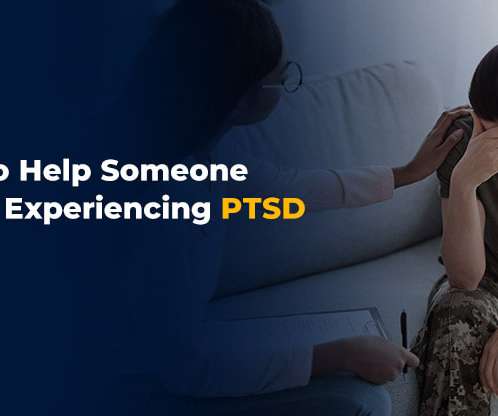Addressing Veterans’ Mental Health: An Overview
Relias
JANUARY 22, 2024
Military personnel put their lives on the line for their country. Healthcare professionals need to have a clear understanding of the ways that military experiences and culture can affect the health and well-being of veterans. Post-Traumatic Stress Disorder (PTSD) An estimated 7% of veterans are diagnosed with PTSD in their lifetimes.




















Let's personalize your content